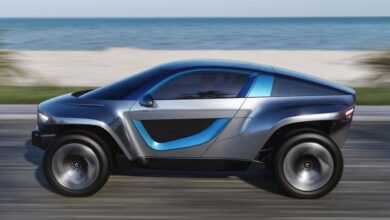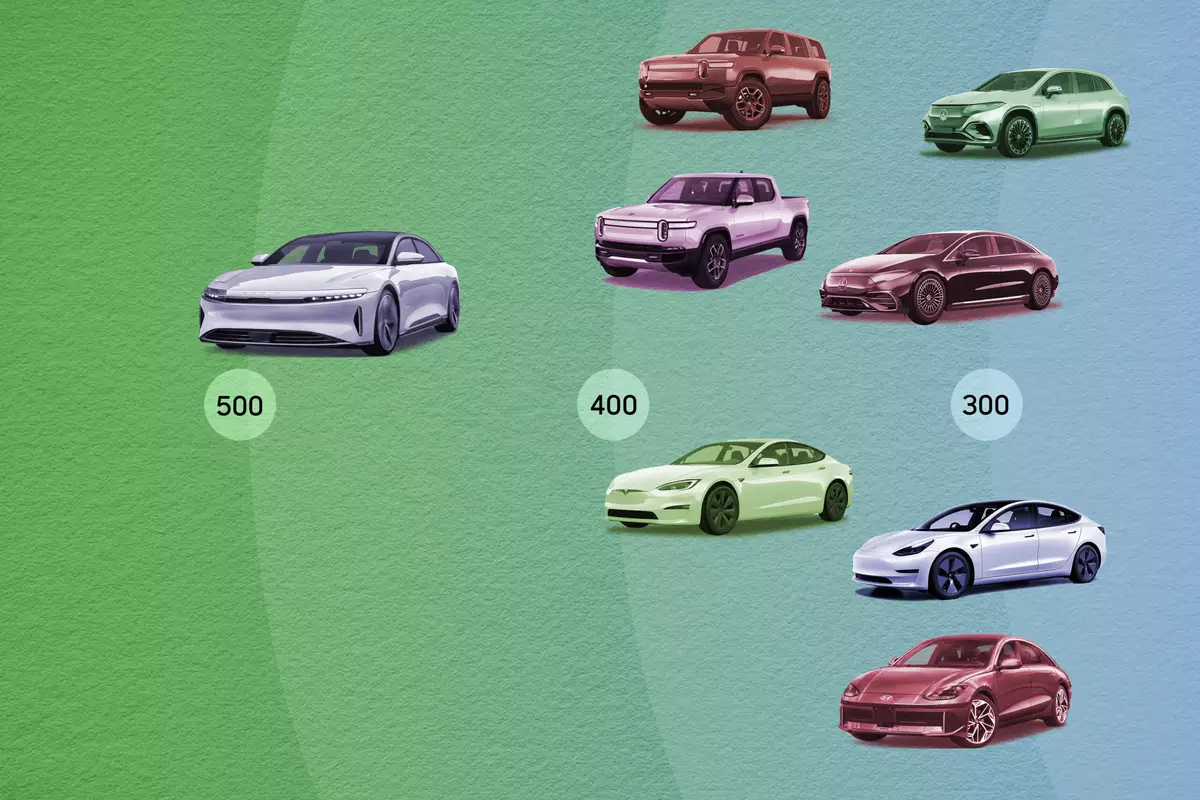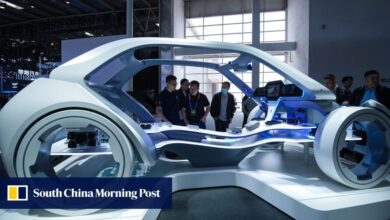I drove the next-gen R1S/R1T and Rivian is getting better at making electric vehicles
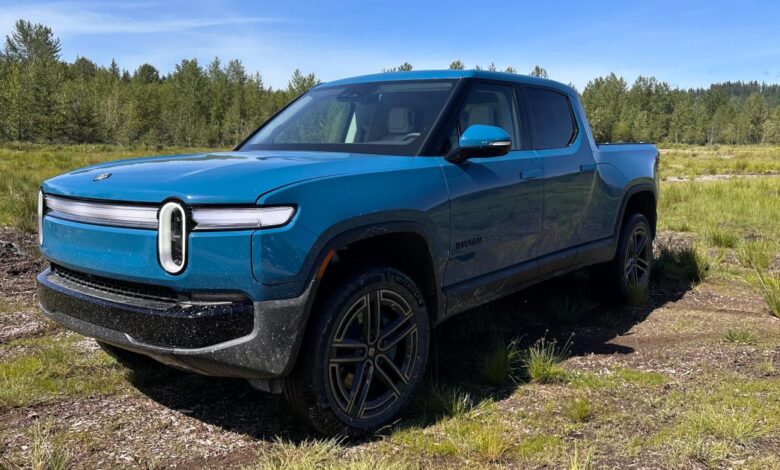
I drove the next-generation R1S and R1T electric vehicles from Rivian, and my main takeaway is that the company is getting better at making electric vehicles.
Not that it wasn’t good before, but it clearly needs to keep getting better to get to profitability.
Last week, Rivian invited me to Seattle to check out the next-generation of its R1 vehicles: R1T and R1S.
I already shared all the main changes, which are primarily aimed at reducing Rivian’s manufacturing costs, but here I am going to share my first driving impressions.
Electrek’s Seth Weintraub was supposed to go to the drive, and he would have been a better reviewer, considering he owns a first-gen Rivian R1S and has much more experience than I do behind a Rivian wheel to highlight the differences in this new generation.
However, some scheduling conflicts mean you are stuck with me, who has little to no experience with Rivian vehicles. I’ll do my best.
Again, the main goal of this update was clearly cost reduction. Rivian needs to roughly half its production costs in order to turn its gross margin positive and achieve profitability to support its expanding infrastructure, like service centers, charging stations, and more.
As I wrote in my previous post, the concern was that as Rivian cuts costs, it would damage its premium customer experience by making its vehicles “cheaper,” so to speak. I have been reassured on that front.
Most of the changes have to do with improving the manufacturability of Rivian’s vehicles, which will have no direct impact on the driver experience. However, in order to achieve higher manufacturability, Rivian did things like bring more motor engineering and manufacturing in-house.
That has allowed the company to get more out of its many motor and battery combinations – resulting in impressive improvements in specs:


I love all these options. There’s something for everyone… who can afford a $80,000+ vehicle.
You have the same options on the R1S, the SUV version, but it is a bit slower than its pickup counterpart, and has a third-row.
During my day of driving the next-gen R1s, I got to spend a little bit of time in the R1T Quad Max to do a few launches on a drag strip:
I’m not sure why you’d want to bring your pickup truck to the drag strip, but it’s nice to have that power when you can use it.
I couldn’t get the 2.5-second advertised 0 to 60 mph time, but I came close at 2.7-second, and I saw some other media people get it while on the drag strip.
Rivian also brought us to DirtFish to do a bit of rally, in a 6,000-lbs vehicle, yes, and some off-roading.
I was particularly impressed by the ability to control many different levels of traction controls and regenerative braking in rally and off-road modes.
Now, that’s all fun and games, and the R1s are both very capable off-road, but let’s be honest, most people are going to use these vehicles on road, and for good reasons.
Both the R1S and R1T have a great balance of premium luxury experience and utilitarian capabilities.
First off, the interior is absolutely splendid. I love the aesthetics. It’s like a nice compromise between Tesla’s ultra-minimalist software-based approach and the crowded luxury of some of the legacy luxury automakers.
I am a big fan of the new Plaid package in this particular version and the seats are super comfortable both in front and back.

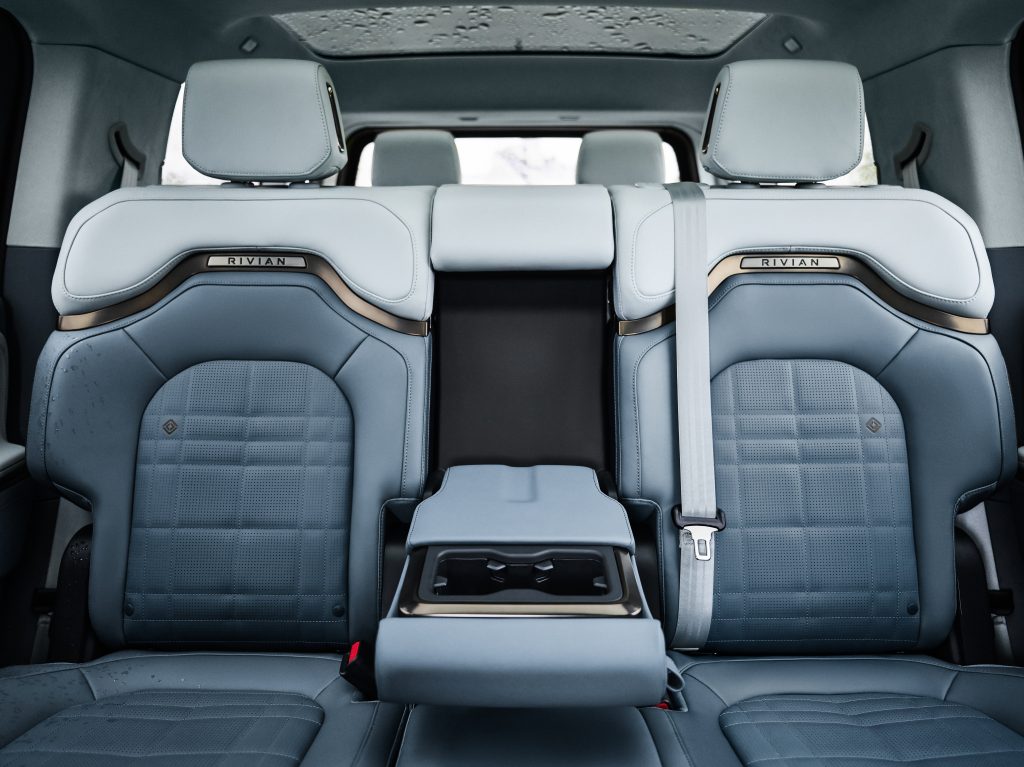
There are a few software features that I’m jealous not to have in my Tesla, like Chromecast from your phone. That’s pretty cool.
On the road, the R1S was a smooth drive. I never drove the previous generation, but I know it was using the same suspension as the R1T tuned differently and that means some compromises. With the second generation, Rivian decided to go with some hardware changes between the R1S and R1T’s suspensions.
I was driving with Quinn from Snazzy Labs, who owns a R1S, and therefore, he was able to note a significant improvement.
Even with this improvement that I can’t quantify, I have to say that I preferred driving the R1T. You don’t feel the weight of either vehicle, thanks to the extremely responsive electric drivetrain, but I liked the slightly more dynamic driving of the pickup.
As a Tesla driver on the highway, I got so used to ADAS that I quickly missed it for any decent-distance travel.
I was happy to see that Rivian has updated its autonomy system with the next-generation R1 platform. The autonomy hardware suite now includes 11 cameras all around the vehicles with 8 times the number of megapixels. There are also 5 radars and ultrasonics all around:
You need a powerful onboard computer to handle all the data coming from all these sensors, and Rivian is partnering with Nvidia on that front. The automaker is now using a much more powerful autonomy computer:

With this suite, Rivian is aiming for level 3 autonomous driving, but the automaker is not sharing a timeline for that goal.
In the meantime, the company plans to release more and better ADAS features through over-the-air software updates.
I got to try the lane change feature on the highway in a R1S and it worked very well:
However, Rivian still has plenty of room to improve when it comes to lane centering, especially at higher speeds and in curves.
With this new next-generation, for the higher-end versions, Rivian is offering a new “Dynamic Glass Roof” that can change color and opacity at the touch of a button:

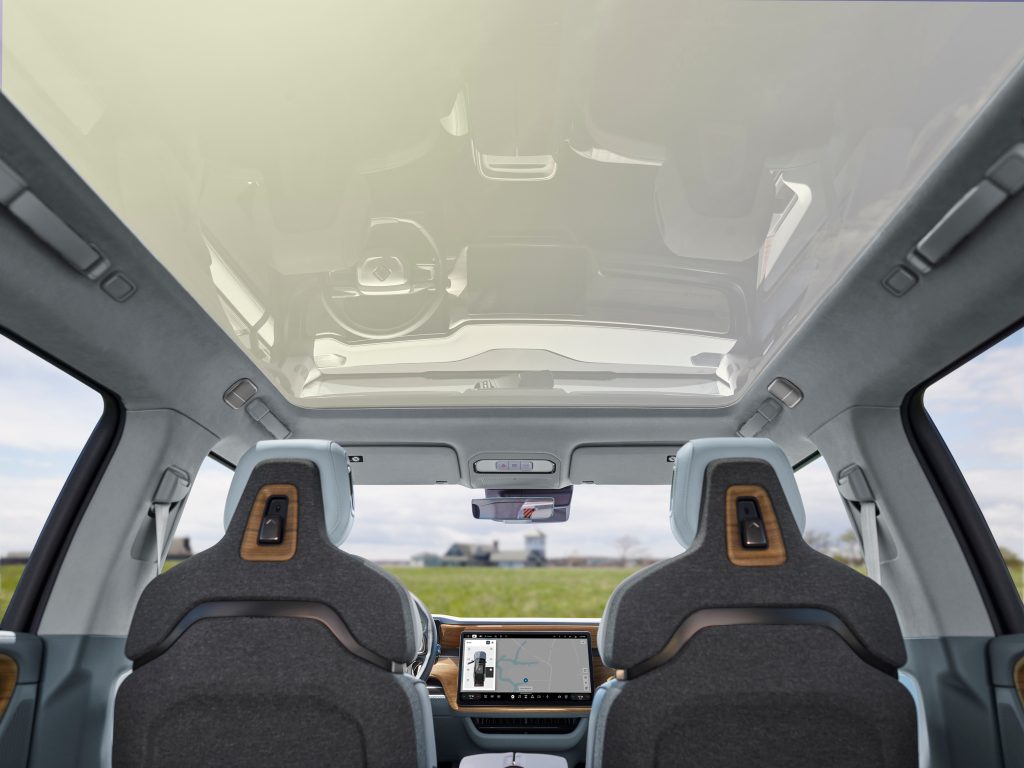
But the utilitarian aspects of these vehicles is really where Rivian shines. Obviously, you have the 7-seater third row in the R1S with still plenty of storage space thanks to the giant frunk:

Speaking of the frunk, you also have it on the R1T. Frunks are really great for electric pickup trucks since your trunk is replaced by a bed, which you tend not to keep as clean as the rest of the truck.
That means that you run low in clean cargo space, and that’s what a frunk provides. The R1T’s frunk is great for that, but Rivian goes a step further with its gear tunnel:

The gear tunnel is exactly what it sounds like, a tunnel for gear that runs behind the cabin and in front of the rear wheel.
Between that, the frunk, and the bed, I think it makes the R1T the most utilitarian pickup of its size, electric or not.
Electrek’s Take
Rivian is getting better at making electric vehicles without compromising on its owner experience.
Whether it will be enough to get to a positive gross margin, I don’t know. CEO RJ Scaringe warned that Q2 won’t be representative of the changes since the switch to the next-gen happened in the middle of the quarter, but we should have a much better picture of the situation in Q3.
Based on all the changes, I’m sure that it will result in significant improvements in gross margins, but I don’t know if it will be enough to erase completely the $36,000 in losses for every vehicle delivered. We will see.
In the meantime, this next-generation should also help Rivian continue selling its R1 vehicles with enough updates and upgrades to continue making them a unique offering in the premium SUV and pickup segment.
I’m seriously considering a R1T for my first electric pickup truck. My Cybertruck review is coming soon, and I’ll do a comparison.
FTC: We use income earning auto affiliate links. More.
